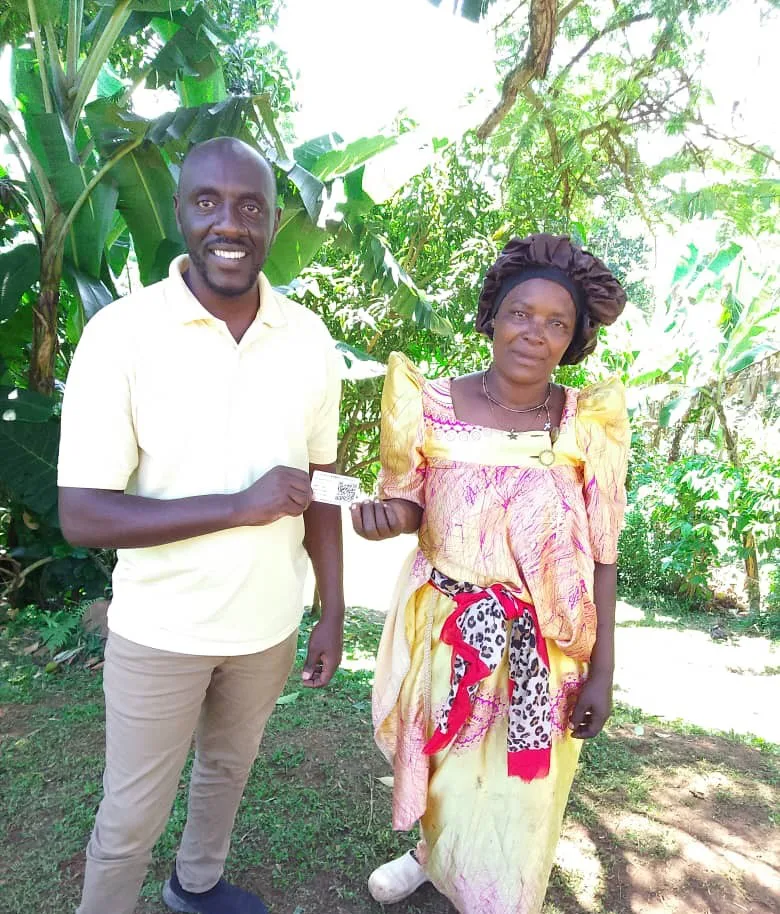
Uganda’s economy heavily relies on farming, with over 80% of the population engaged in the agricultural sector. The country boasts fertile land capable of feeding millions of people, yet only a small portion is currently utilized. This underutilization represents a significant opportunity for agricultural expansion and productivity. Despite its potential, Uganda’s farming faces challenges like high input costs, pests, land degradation, and climate change. Addressing these challenges could increase export opportunities and contribute to local food security and job creation.
“EKiBBO Farming Services is an agribusiness in Uganda that deals with different value chains, including coffee, cocoa, vanilla, bamboo, jackfruit, oyster nut, avocado, matoke, and soursop. The word EKiBBO means ‘basket’ in Luganda. The company was founded after recognizing common challenges faced by farmers in Uganda, such as a lack of market opportunities for their produce, limited access to finance, and a lack of digital services that would allow farmers to store data and enable traceability for certain products, leading to higher prices,” according to Sophie Arcedeckne-Butler, Managing Director of EKiBBO Farming Services.
Over the past year, EKiBBO Farming Services has provided farmers with training, extension support, and digitalization of farming data. They facilitate market access and connect farmers to financial resources and logistics support. Their goal is to create an ecosystem involving farmers, local traders, farmer groups, cooperatives, suppliers, exporters, and financiers. This collaborative approach aims to build profitable agroforests, benefiting all parties involved.
The company achieves this by introducing organic agroforestry models that enhance crop variety, productivity, and diversified income streams while contributing to ecosystem restoration and mitigating the impacts of climate change.
In order to enhance their service delivery even further, EKiBBO partnered with eProd through the Digitalization Challenge managed by eProd with co-funding from Rabo Foundation. They have been able to use the eProd services to efficiently offer their farmers with services they need, from managing their farmer data, linking farmers to access to finance, and more.
Data management
When it comes to management of famer data, the eProd system enables the company to store information on production, income, loans, training sessions , and GIS maps of their contracted farmers.
Managing farmer data is important when it comes to dealing with many farmers to ensure that valuable insights can be extracted efficiently, leading to better decision-making and improved agricultural operations.
“eProd has several features that accommodate a variety of information from our farmers. It allows us to track collections, payments, farmer groups, farmer trainings and allows filtering off data with ease. We are able to capture information on different crops and value chains, such as coffee, cocoa, and vanilla. This includes details on varieties and yield estimates for individual farmers. With this data, we can project production levels and communicate them to our buyers”, according to Mrs. Arcedeckne-Butler.
EKiBBO extension officers collect farmer details such farmer personal information, types of crops grown, field locations, and other relevant data points. The collection of this data by the extension officers is done on the eProd mobile app that functions on older versions of mobile phones. The app works offline making it suitable even in remote areas where internet is poor.

EUDR Compliance and traceability
EKiBBO operates in value chains affected by the EU Deforestation-free Regulation (EUDR). This regulation impacts products such as cocoa, coffee, soy, palm oil, wood, rubber, and cattle. To comply with EUDR, companies must prove that their exports come from non-deforested land.
EKiBBO is fully aware of the EU Deforestation-free Regulation (EUDR) and has taken proactive measures to address this issue. The company actively collaborates with farmers, tracing the origins of coffee and cocoa and ensuring compliance with sustainable land management practices. Advocacy efforts, along with support from organizations like UGACOF, further promote sustainable practices. Additionally, EKiBBO encourages the use of certified organic inputs to align with EUDR requirements.
When it comes to traceability and accountability the eProd system has assisted them to keep in touch with individual farmers regarding their fields of coffee, cocoa, vanilla, jackfruit etc. Providing them information regarding individual farmer production capacity/ yield estimates which act as a reference for discussions with their buyers. More strategies to help them comply to regulations such as EUDR are still on the table.
“We’ve been informed by eProd that they will be developing GIS maps of at-risk farms and they will be working on the due diligence criteria within the platform, so we are looking forward to that being in place by September 2024”, Sophie states.
As a company we have developed the tools to assist EKiBBO and other clients to achieve compliance with the European Union deforestation-free Regulation, or EU-DR. eProd allows agribusinesses to map polygons and track their products from farm to fork, ensuring full traceability and transparency from farm to fork. For instance, eProd successfully implemented full product traceability for saffron businesses in Herat and Mazar provinces in Afghanistan. Integration with the EU APIs will enable the client to assess risks of non-compliance and share due diligence information before loading the container for shipment.
Would you like to learn more about how eProd can assist your business? Please reach out to info@eprod-solutions.com
